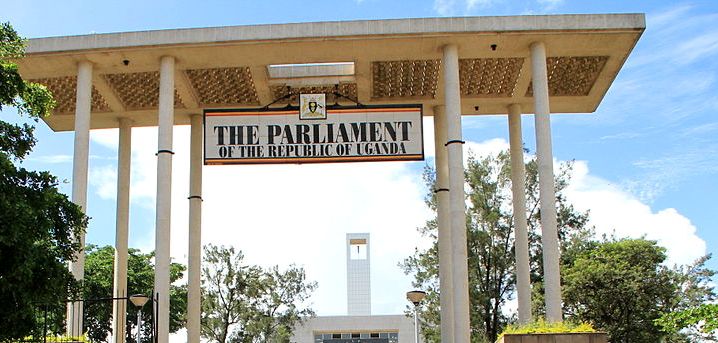The Commonwealth Parliamentary Association (CPA) was founded in 1911. At this time, the British Empire ruled and the CPA consisted of one sovereign democracy and several colonies/some protectorates.
Today the CPA consists of 53 independent member states (with their own parliaments), 14 overseas territories, 3 crown dependencies and 125 sub-national states.
Over a hundred years ago, the parliaments comprised mostly of men, where women could not even vote, except those in New Zealand, Australia, The Cook Islands, Norfolk Island and if they owned property, the Isle of Man. Most of these members were of European descent and were appointed by the British Empire, rather than elected.
Two world wars, a global depression, the end of colonialism, race and gender equality, globalisation, all changed the world and its people. There was a need for more open, democratic governance. That’s when a meeting was held on 18 July 1911 leading to the foundation of the Empire Parliamentary Association (now the CPA).
As countries gained independence and the British Empire changed, CPA played a fundamental role in keeping a changing empire together. The commonalities of the practice of democratic government and the language of parliamentary politics helped to keep the peoples, their new governments and the Parliaments that had grown out of the old empire together in a new dynamic.
The CPA now holds annual conferences where members can exchange ideas and good policy options for governance – in essence a school where members of parliament can learn from one another.
